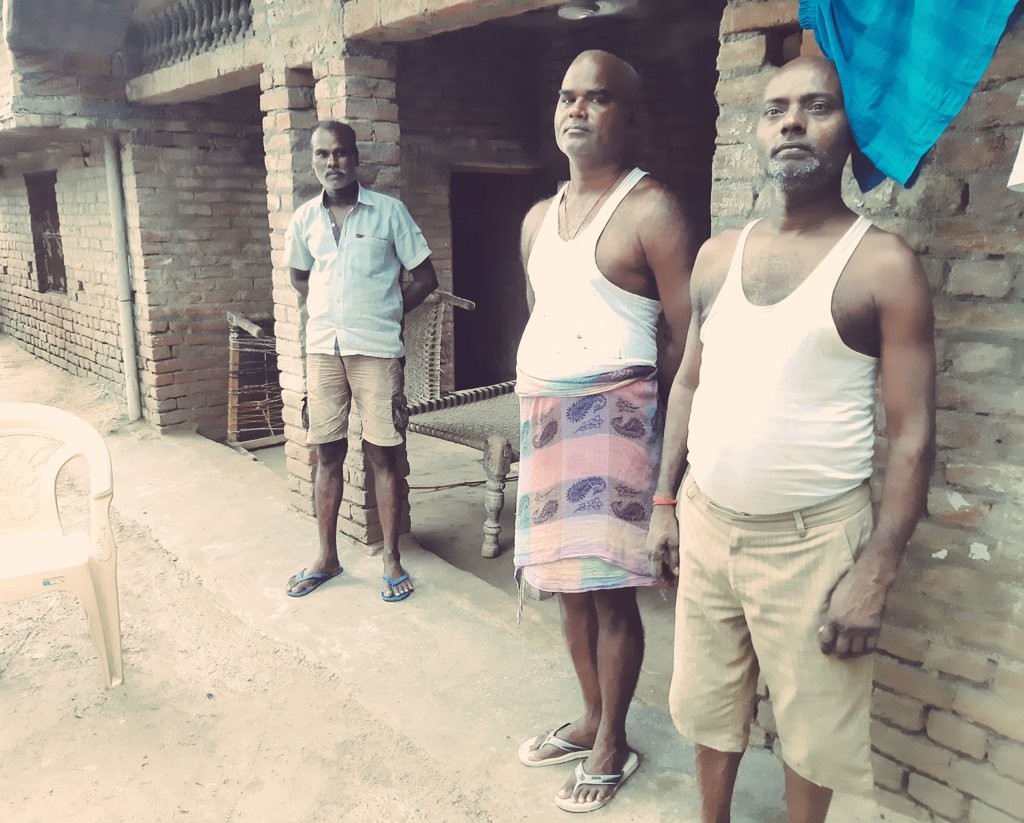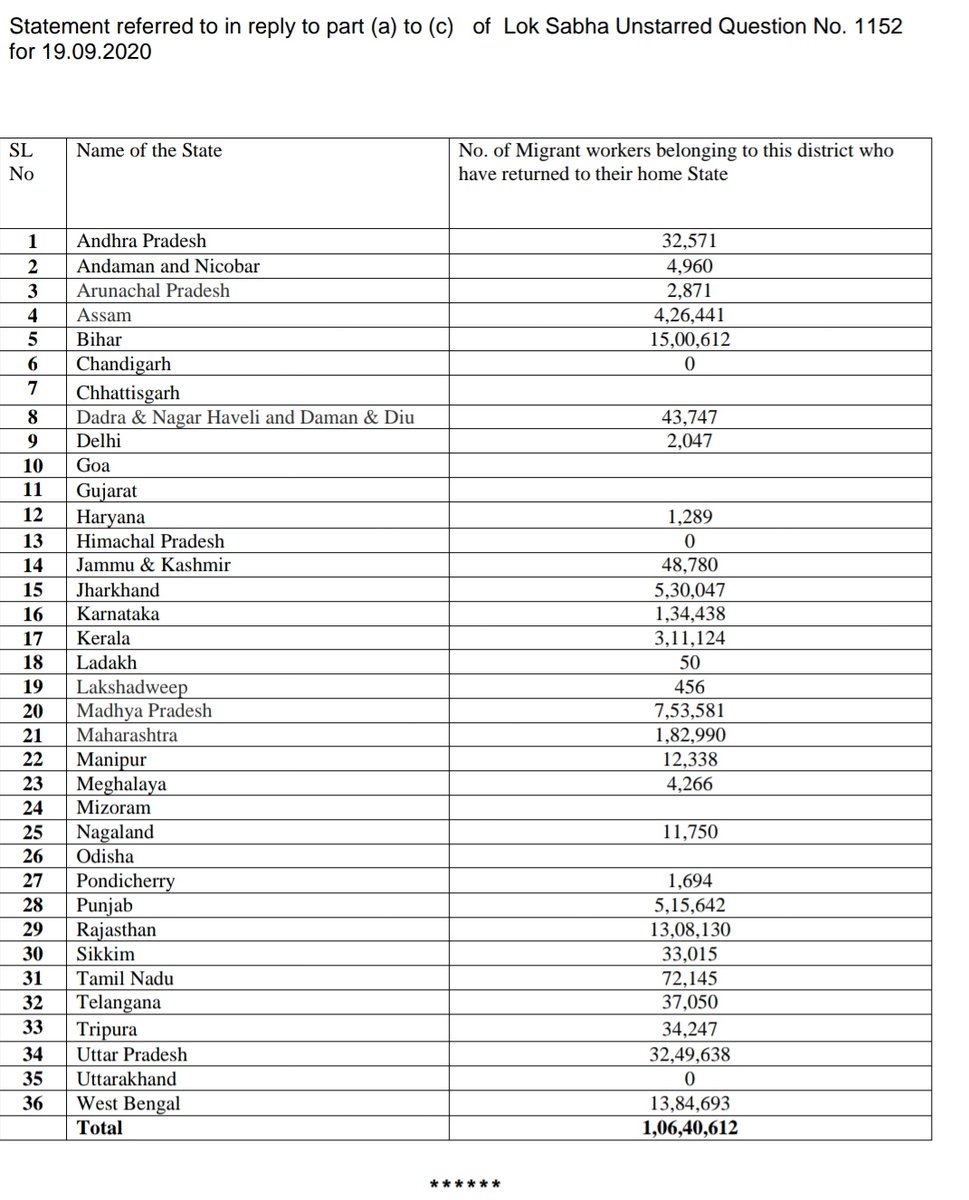
Thread: Instead of hiking retrenchment compensation for workers, the Modi government has mooted a reskilling fund in the new labour codes.
Retrenched workers will get cash benefits to the tune of 15 days of their last drawn salary. But here's the catch.
Retrenched workers will get cash benefits to the tune of 15 days of their last drawn salary. But here's the catch.
Retrenched workers who take cash benefits from the new reskilling fund mooted in the labour codes may have to show proof of reskilling to the government.
But the story doesn't end here...
business-standard.com/article/econom…
But the story doesn't end here...
business-standard.com/article/econom…
If workers are unable to reskill within a fixed period of time, they will have to RETURN the money given to them by the government, according to a proposal being contemplated by the central government. Moreover, the workers may be asked to pay back an interest, too. 



Whenever employers retrench a worker, they will have to contribute 15 days of her last drawn wages to the fund. The government, which will manage the fund, will then credit the money into the bank account of the worker within 45 days of retrenchment, according to the new law. 

Labour and Employment Minister Santosh Kumar Gangwar had spoken about the reskilling fund in a recent interview to @bsindia. He had said the reskilling fund will help workers get a new job after retrenchment.
business-standard.com/article/econom…
business-standard.com/article/econom…

When asked about the rationale of asking workers for a refund if they are unable to reskill, a senior govt official said: "We want to make sure that the money transferred to workers are utilised only for reskilling. Hence, they will have to show proof within a deadline."
Labour economist K.R. Shyam Sundar said the proposal mandating workers to get proof & seeking repayment with interest will create a disciplined state, which has absolute lack of faith in workers. The money for reskilling that workers will get will be insufficient, he added.
• • •
Missing some Tweet in this thread? You can try to
force a refresh












